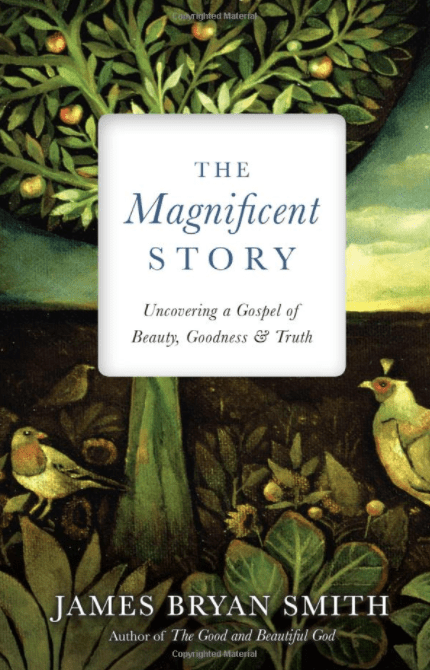 Many, perhaps most, of us have a favorite book on prayer. Some would appeal to Augustine’s Confessions, others to Gregory of Nyssa or St Bonaventure or Teresa of Avila or to Luther or Calvin, or from our modern times Andrew Murray or A.W. Tozer or a manual like that of Donald Bloesch.
Many, perhaps most, of us have a favorite book on prayer. Some would appeal to Augustine’s Confessions, others to Gregory of Nyssa or St Bonaventure or Teresa of Avila or to Luther or Calvin, or from our modern times Andrew Murray or A.W. Tozer or a manual like that of Donald Bloesch.
What should be in a good prayer book? Tim Keller, in his new book Prayer: Experiencing Awe and Intimacy with God (Dutton, 2014) says a good book on prayer needs to have the theological, the experiential and the methodological.
What is the best book on prayer you’ve read?
Keller’s book clearly emerges from one side of the church’s prayer tradition (Reformed and Puritan) but I suspect this will be a very helpful book for many. He sees two traditions at work today: the communion with God tradition (abiding) and the wrestling with God for the kingdom tradition (intercession, supplication). Thus, communion-prayer and kingdom-prayer. I’m not sure how he could not bring in at this early point the importance of liturgical practices of prayer for that has been a major shift among evangelicals in the last 2-3 decades. He thinks we need both and the two belong together. [I’m not crazy with his use of “kingdom” this way, but he’s using it in a way many would use it today — for the bigger plans of God in this world.]
Prayer, he says, is both conversation and encounter. It is helpful to include “encounter” (or experience) in one’s understanding of prayer. Some would want to say that encounter is part of the word “conversation” but it is helpful for him to make this distinction.
Keller comes from the theological tradition that is often nervous about the mystical side of prayer, but the subtitle itself reveals that in his book Keller is urging us — in part from his own experiences — to an “intelligent mysticism” (14). He sees such an intelligent mysticism reflected in Romans 8:15-16 (the Spirit testifying to us) and this he learned in Lloyd-Jones, Luther, Calvin and John Owen. And many others. He’s speaking here about profound, ineffable experiences in prayer.
After discovering an illness in his wife, Kathy, and that he himself had thyroid cancer some years back, Keller made four changes: He spent more time in the Psalms, he meditated between Bible time and prayer time, he prayed morning and evening (not just in the morning), and he began to pray with more expectation. He discovered breakthroughs after two years.
“Prayer,” Keller has learned, “is the only entryway into genuine self-knowledge” (18).
“The first thing we learn in attempting to pray is our spiritual emptiness” (24).
“To fail to pray, then, is not to merely break some religious rule — it is a failure to treat God as God” (26).
“Prayer is awe, intimacy, struggle — yet the way to reality. There is nothing more important, or harder, or richer, or more life-altering” (32).
I appreciate that Keller’s book has no blurbs.










